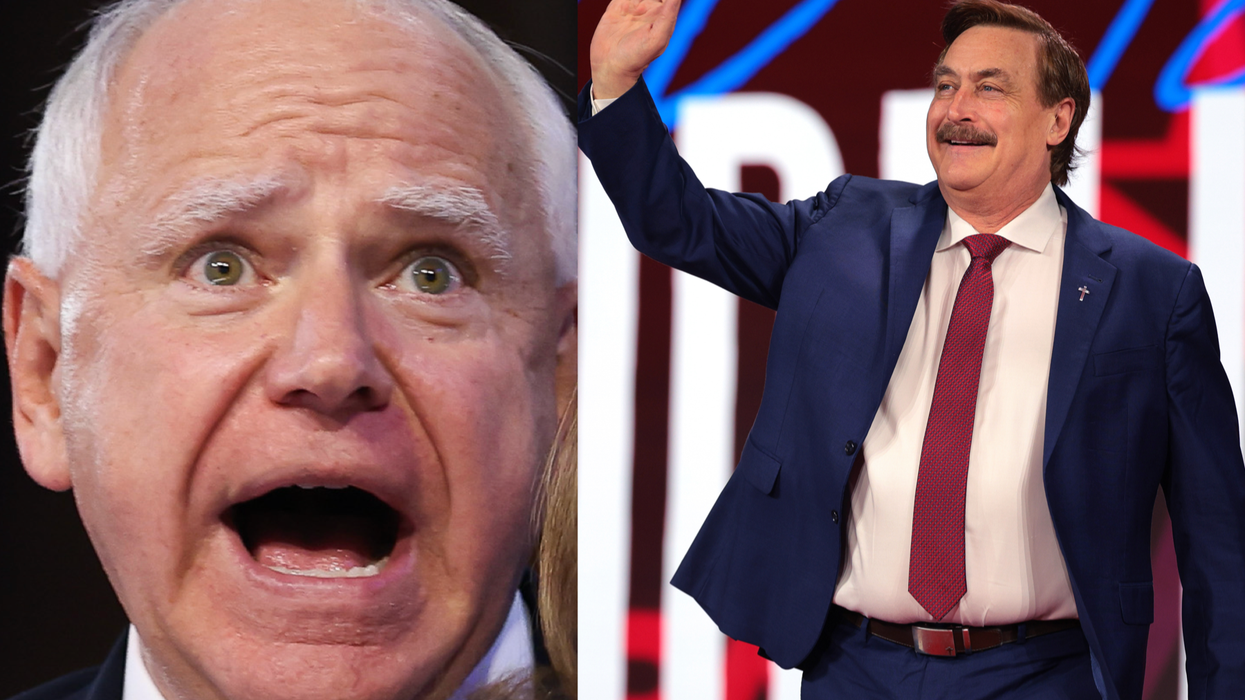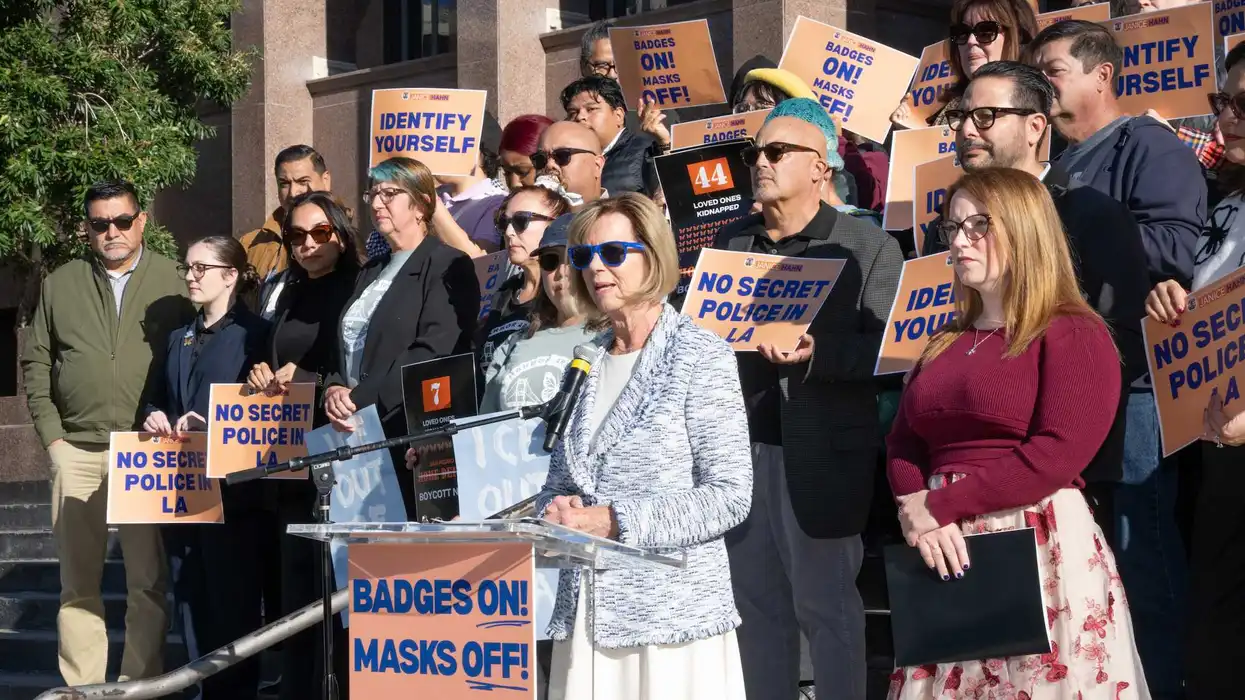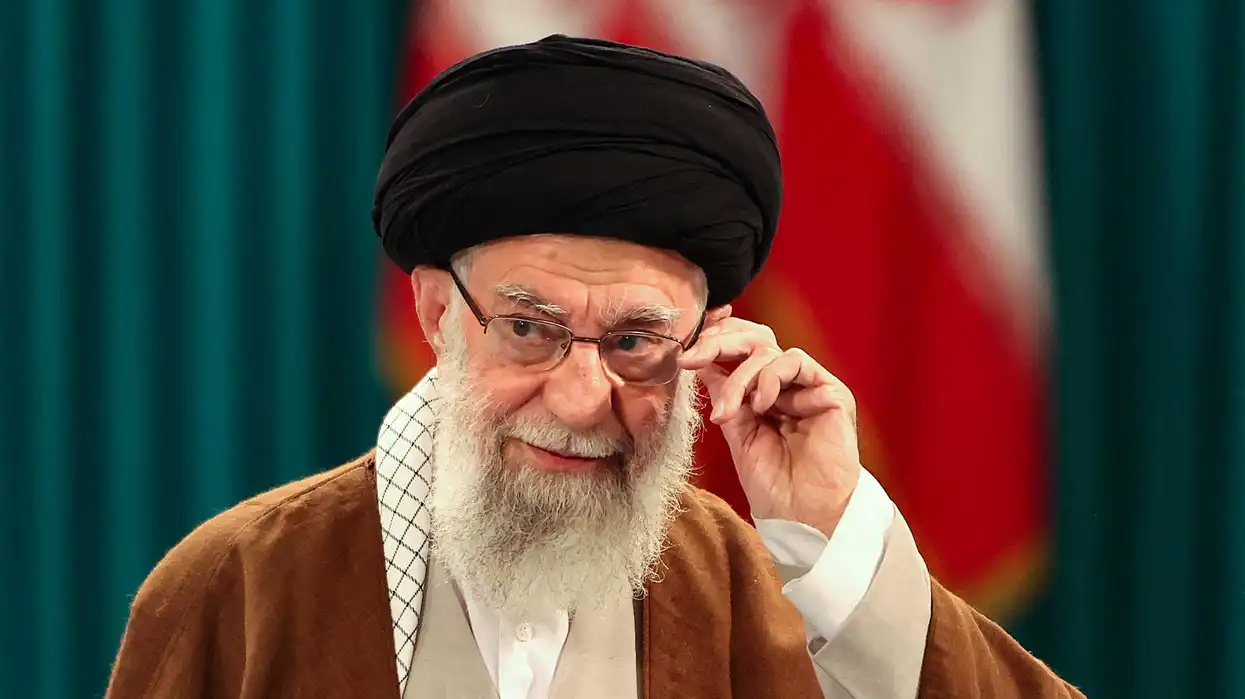© 2025 Blaze Media LLC. All rights reserved.
"[Catholics] have a stronger preference for sharing wealth equally."
 There are plenty of great Catholic economic minds that believe wholeheartedly in the notion that there's no contradiction between free market ideals and Catholicism's tenets.
There are plenty of great Catholic economic minds that believe wholeheartedly in the notion that there's no contradiction between free market ideals and Catholicism's tenets.
Take, for instance, Thomas E. Woods Jr., the well-known historian and economist who penned the book, "The Church and the Market: The Catholic Defense of the Free Economy." And then there's the Rev. Robert A. Sirico of the Action Institute. The list could go on and on.
Considering this undeniable fact, a new study, entitled, "Does Religion Affect Politics and the Economy?", which was published by the European Central Bank, is likely going to be a surprise to some. According to its authors, Catholics are more likely to support government intervention in economic matters than are Protestants.
According to Reuters, the study shows that Catholics "also have a stronger preference for sharing wealth equally" -- an insinuation that will frustrate those in the faith who have more conservative economic ideals. While this may be un-palatable to some Catholics, another finding to come out of the study is the fact that Catholics are more likely to support more leisure time with family than are their Protestant counterparts (here, it would seem that Protestants would be on the defensive).
 Interestingly, the study contends that there may be some truth to Max Weber's "The Protestant Ethic and the Spirit of Capitalism," a book published in 1904 that claims Protestants are more likely to see hard work as a means to gaining salvation. Additionally, this view purportedly encourages an accumulation of wealth.
Interestingly, the study contends that there may be some truth to Max Weber's "The Protestant Ethic and the Spirit of Capitalism," a book published in 1904 that claims Protestants are more likely to see hard work as a means to gaining salvation. Additionally, this view purportedly encourages an accumulation of wealth.
According to the study, Protestant localities were seen to have higher income inequality. “Relative to Roman Catholicism, Reformed Protestantism has curbed preferences for redistribution and for government intervention in the economy,” the study read. Reuters has more:
Moreover, the research paper found that Weber’s work better explains economic development than that of Karl Marx, the father of socialism, who saw culture reflecting the economic order, the research paper found.“Religion is not just, as Karl Marx would have us believe, ‘People’s Opium’, but can, by its own force, significantly change people’s preferences, both self-regarding and social ones,” the ECB study said.
Another portion of the study's conclusion reads:
Looking beyond the “work ethic” literature, we have argued that the works of Max Weber as well as the more recent literature in sociology can be seen to imply also predictions whereby Reformed Protestantism nurtures preferences for smaller government, and our empirical results confirm such predictions. Correspondingly, we also find Protestantism to lead to greater income inequality
 While "Does Religion Affect Politics and the Economy?" was published on the ECB's web site over the weekend, it has apparently not officially been endorsed by the bank. It should be noted that the study is based on data from two Swiss cantons (states) -- Fribourg and Vaud. While Fribourg is Catholic, Vaud is Protestant.
While "Does Religion Affect Politics and the Economy?" was published on the ECB's web site over the weekend, it has apparently not officially been endorsed by the bank. It should be noted that the study is based on data from two Swiss cantons (states) -- Fribourg and Vaud. While Fribourg is Catholic, Vaud is Protestant.
The Christian Post has more regarding why Switzerland was chosen:
The study asked the question: "Does culture, and in particular religion, exert an independent causal effect on politics?" Using Switzerland as a model because "it is well suited to study how religion affects politics and the economy as it is one of the few countries exhibiting genuine within-country variation in religion," the ECB study used data to determine the extent to which religion can effect politics.
Considering that the data points that were found are highly contentious, before landing on a definitive determination regarding the economic differences between these religious groups, it would be wise to try the study in other localities and to then triangulate data.
But -- interesting nonetheless.
(H/T: Reuters)
Want to leave a tip?
We answer to you. Help keep our content free of advertisers and big tech censorship by leaving a tip today.
Want to join the conversation?
Already a subscriber?
Billy Hallowell is a digital TV host and interviewer for Faithwire and CBN News and the co-host of CBN’s "Quick Start Podcast."
Billy Hallowell
Billy Hallowell is a digital TV host and interviewer for Faithwire and CBN News and the co-host of CBN’s "Quick Start Podcast."
more stories
Sign up for the Blaze newsletter
By signing up, you agree to our Privacy Policy and Terms of Use, and agree to receive content that may sometimes include advertisements. You may opt out at any time.
Related Content
© 2025 Blaze Media LLC. All rights reserved.
Get the stories that matter most delivered directly to your inbox.
By signing up, you agree to our Privacy Policy and Terms of Use, and agree to receive content that may sometimes include advertisements. You may opt out at any time.






